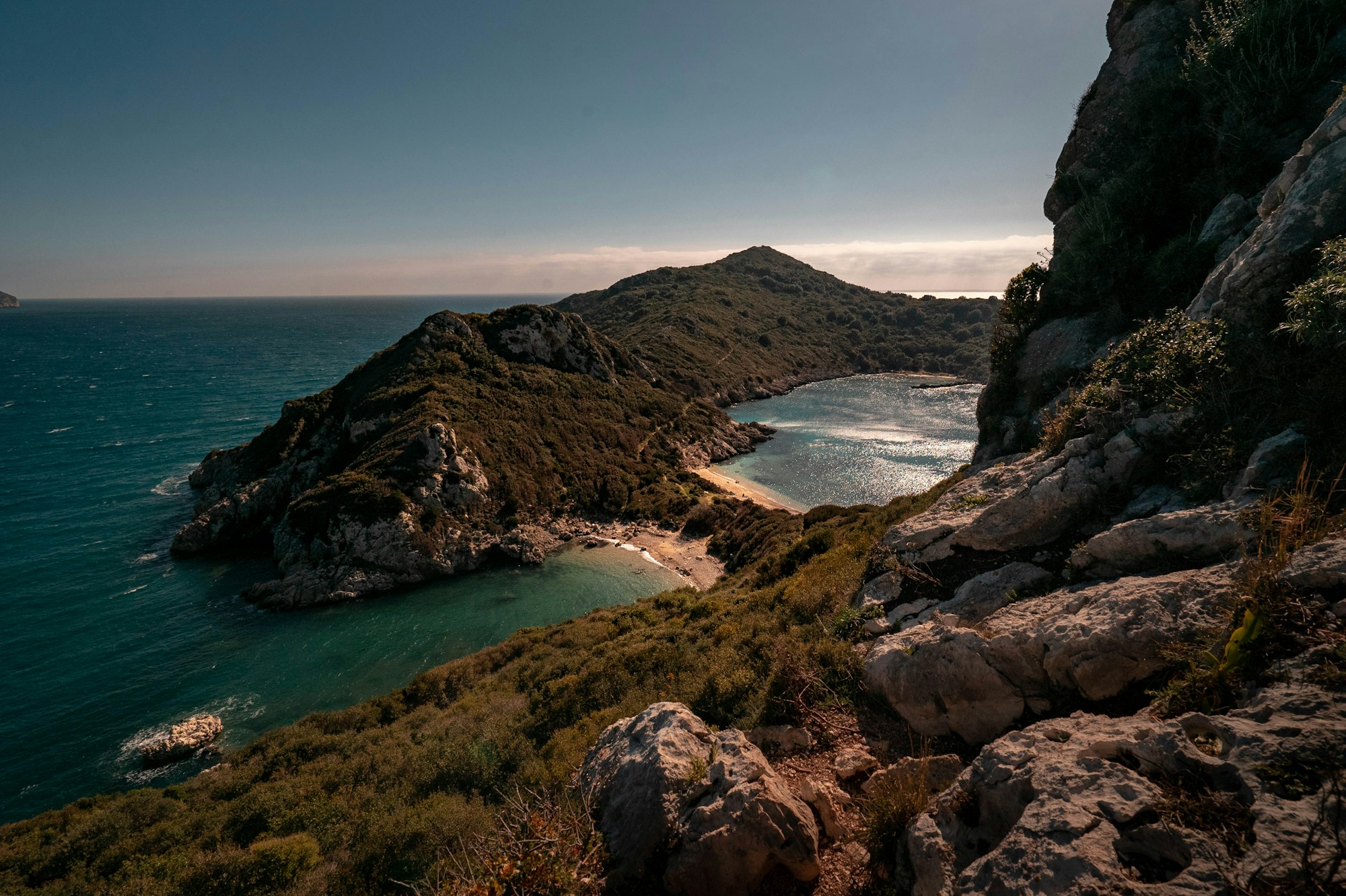Exploring Corfu: History, Traditions, and Festivals Guide
Discover Corfu's rich history, vibrant traditions, and lively festivals on your next Mediterranean adventure.

Exploring Corfu: History, Traditions, and Festivals Guide
Introduction
Corfu, a captivating Greek island in the Ionian Sea, resonates with a blend of rich history, vibrant traditions, and dynamic festivals. Known for its Venetian, French, and British heritage, this alluring destination offers visitors a glimpse into a diversified cultural tapestry. This travel guide delves into the fascinating aspects that make Corfu a must-visit location, including historical insights, traditional practices, and key festivals, all curated to provide an enriching travel experience.
Historical Context
Corfu's history is a mosaic of different periods and influences:
- Ancient Times: Known as Kerkyra in ancient times, Corfu is steeped in mythology. The island is said to have been the site where Odysseus met Nausicaa in Homer's epic, "The Odyssey".
- Roman Era: Following its incorporation into the Roman Empire in 229 BC, Corfu flourished as a trading outpost.
- Byzantine Period: Later, as part of the Byzantine Empire, the island saw the construction of fortifications and churches.
- Venetian Rule: The 15th to 18th centuries saw Corfu under Venetian control, resulting in a significant impact on its architecture and culture. The Old Fortress, Liston Promenade, and various other iconic structures hail from this era.
- French and British Influence: Brief yet impactful, the French and British periods added another layer of diversity. Mon Repos, the former royal summer palace, and the Ionian Academy illustrate their influences.
Traditional Practices
Corfu's traditions are reflected in its daily life and local customs:
Architecture
- Venetian Influences: The narrow alleyways (kantounia) and tall buildings are reminiscent of Venice. Distinctive venetian shutters and pastel-colored houses dominate the landscape.
- French and British Touches: The Liston, inspired by the Rue de Rivoli in Paris, and the cricket-playing field, a historical legacy from British rule, add unique elements.
Traditional Cuisine
- Bourdeto: A spicy fish stew that holds a special place in Corfiot kitchens.
- Pastitsada: A hearty dish made with veal or beef, tomato sauce, and pasta.
- Sofrito: Tender beef cooked in white wine, garlic, and parsley.
- Kumquat Liqueur: A sweet, citrus-flavored drink made from the fruit introduced by the British in the 19th century.
Music and Dance
- Philharmonic Bands: Corfu is famous for its historic philharmonic bands, which play a significant role in various local celebrations and religious processions.
- Sirtaki Dance: Traditional Greek dances, such as the Sirtaki and Kalamatianos, are popular during festivals and celebrations.
Festivals
Corfu hosts a variety of lively festivals throughout the year:
Orthodox Easter
One of the grandest celebrations in Corfu, Orthodox Easter is marked by unique customs and ancient rituals:
- Palm Sunday: A grand procession is held, symbolizing Jesus' entry into Jerusalem.
- Holy Saturday: The most spectacular event is the "Pot Throwing" where locals throw pots from their windows to ward off evil spirits.
- Midnight Mass: Thousands gather in Spianada Square to celebrate the Resurrection with candles, hymns, and fireworks.
Corfu Carnival
Inspired by Venetian traditions, the Corfu Carnival is a vibrant pre-Lenten festival:
- Parades: Colorful parades featuring floats, elaborate costumes, and masks fill the streets.
- Music and Dance: Traditional and contemporary music sets the tone, with spontaneous dancing on every corner.
Varkarola Festival
Celebrated in August, this festival commemorates the island's liberation from Ottoman rule:
- Boat Parade: Decorated boats set sail, re-enacting the historic naval battle.
- Fireworks: The celebration culminates in a grand display of fireworks, illuminating the night sky.
Wine Festival
Held in the town of Kavadades in September, the Wine Festival is a tribute to local winemaking traditions:
- Tasting Sessions: Visitors can sample a variety of Corfiot wines, accompanied by traditional snacks.
- Live Music: Greek folk bands provide cheerful entertainment, fostering a celebratory atmosphere.
Local Anecdotes and Interesting Facts
- A Haunting Past: The island is said to be haunted by Empress Elisabeth of Austria, known as "Sissi," who spent considerable time at the Achilleion Palace.
- Shakespeare's Inspiration: It is widely believed that Corfu inspired William Shakespeare's play "The Tempest."
- Multicultural Synagogues: Corfu is one of the few places in Greece with a longstanding Jewish community, evidenced by the historic synagogue in Corfu Town.
Conclusion
Corfu is not just an island but a melting pot of various cultural influences and historical eras. Whether immersed in its ancient myths, savoring its traditional cuisine, or celebrating its vibrant festivals, a visit to Corfu ensures a uniquely enriching experience, a blended narrative of past and present.
